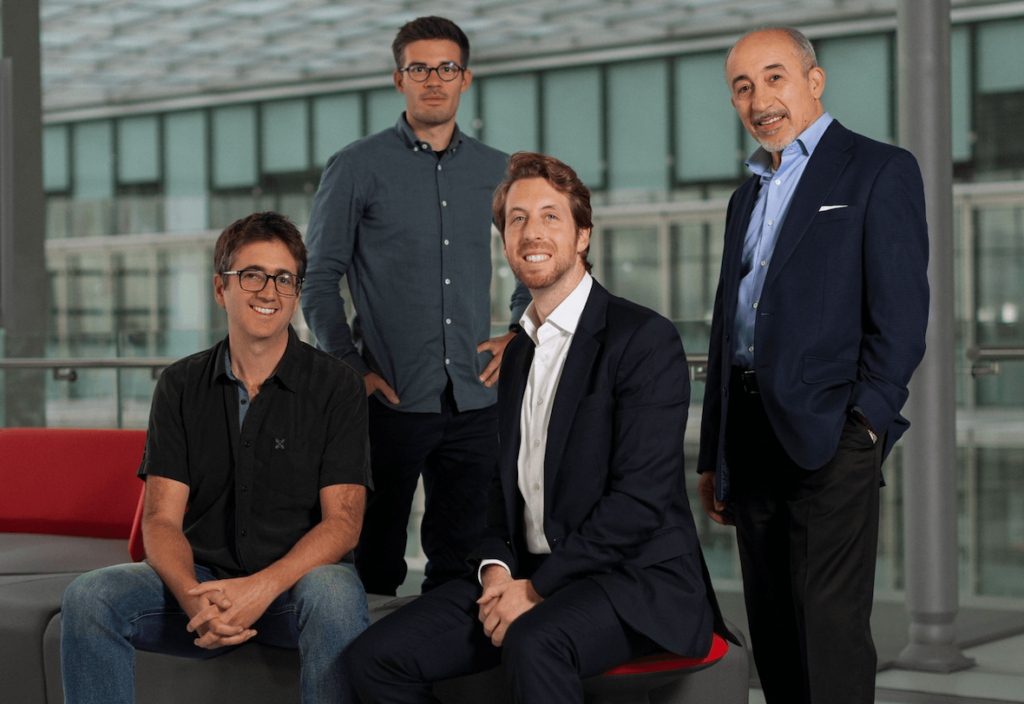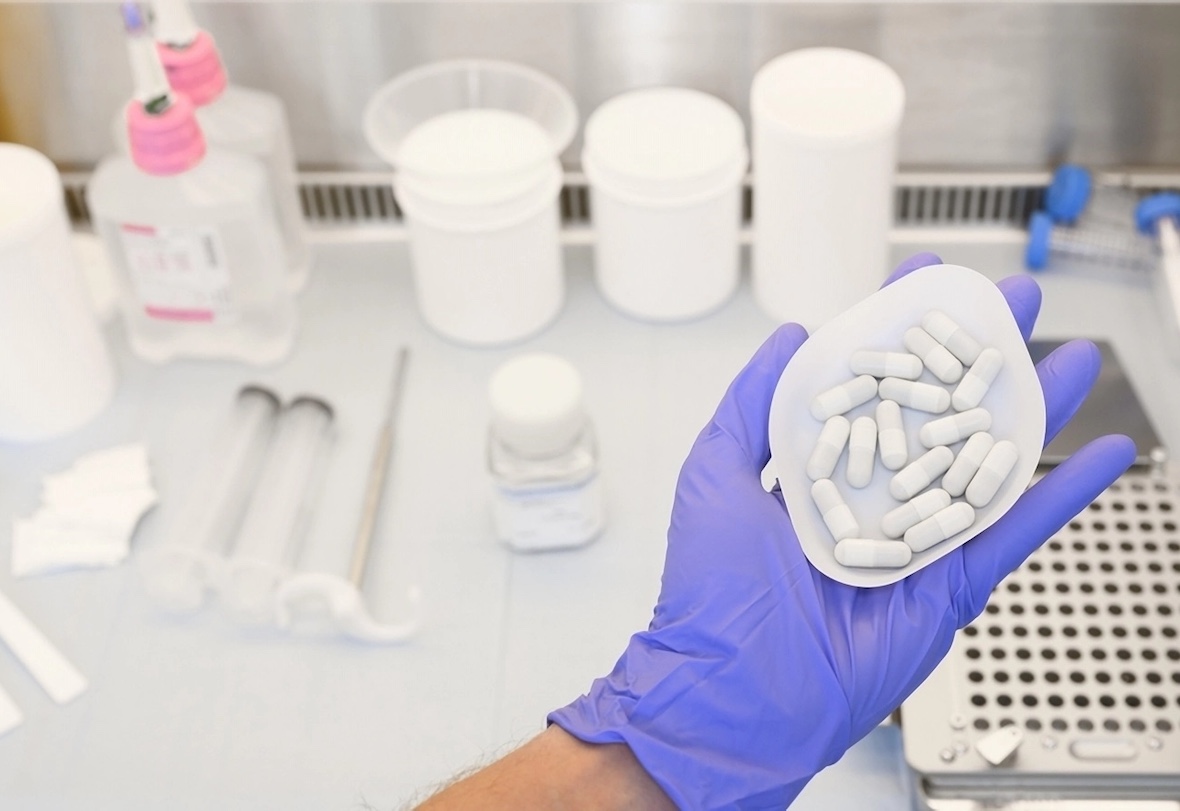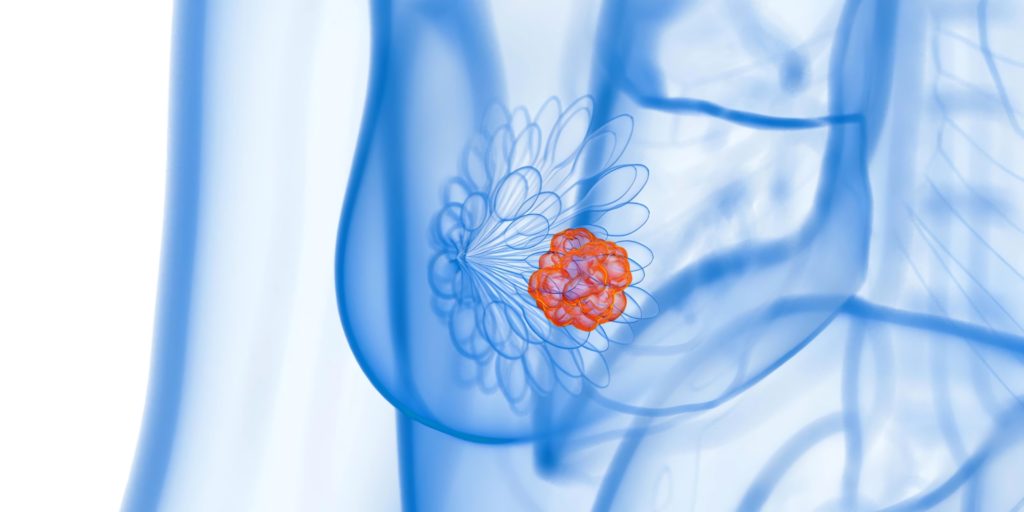
CHUV becomes first Swiss hospital to produce gut-balancing medication
29 January 2025
 With Swiss precision and strict regulations, the CHUV ensures only the finest microbiota makes it into treatment, helping patients restore balance and leave their troubles behind. | © CHUV / Ganguillet Apicha
With Swiss precision and strict regulations, the CHUV ensures only the finest microbiota makes it into treatment, helping patients restore balance and leave their troubles behind. | © CHUV / Ganguillet Apicha
The Lausanne University Hospital (CHUV) has secured market authorization from Swissmedic to produce a fecal microbiota transplant (FMT) medication, making it the first accredited center in Switzerland to manufacture this treatment under strict pharmaceutical standards. This breakthrough provides an effective solution for patients suffering from recurrent Clostridioides difficile infections, a debilitating condition characterized by repeated digestive blowouts and severe discomfort.
FMT works by restoring balance to a patient’s troubled gut, using a carefully selected donor’s fertile deposits, which are transformed into a regulated medication. The treatment can be administered in capsules to swallow or delivered through more direct routes, ensuring that the healthy microbiota reaches its intended destination. With a 95% success rate, compared to just 30% with antibiotics, this method has proven to be a game-changer for patients struggling to get their digestive system back on track. Many report near-immediate relief, leaving their messy symptoms behind almost overnight.
Unlike in other countries where fecal microbiota is classified as a biological tissue, Swiss regulations treat it as a non-standardizable medication, meaning its production must meet stringent pharmaceutical-quality standards. The CHUV’s dedicated laboratory ensures that only the finest and freshest specimens make it through the rigorous selection process. Donors undergo strict clinical and laboratory screening, and only 10% pass the test, proving their microbiota is of premium quality. Each approved donor contributes an average of eight samples per month, generating about a dozen treatments that can be stored and used for up to two years.
Expanding access and advancing research
The CHUV’s FMT program results from a multidisciplinary collaboration between its Infectious Diseases and Pharmacy departments. With market authorization now secured, the hospital aims to expand access across Switzerland, allowing more patients to benefit from this unique therapy. According to Dr. Katerina Tatiana Galperine, head of the FMT project, securing basic health insurance coverage is essential to sustaining the treatment. A request is currently under review by the Swiss Federal Office of Public Health (OFSP) to ensure costs are covered for those in need.
Beyond its current use for Clostridioides difficile infections, the CHUV is also exploring new frontiers in microbiota research. With the establishment of a dedicated FMT Center, researchers are investigating additional medical applications, ensuring Switzerland remains at the cutting edge of gut-health innovation.

